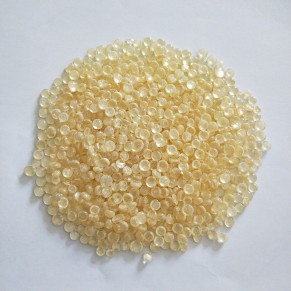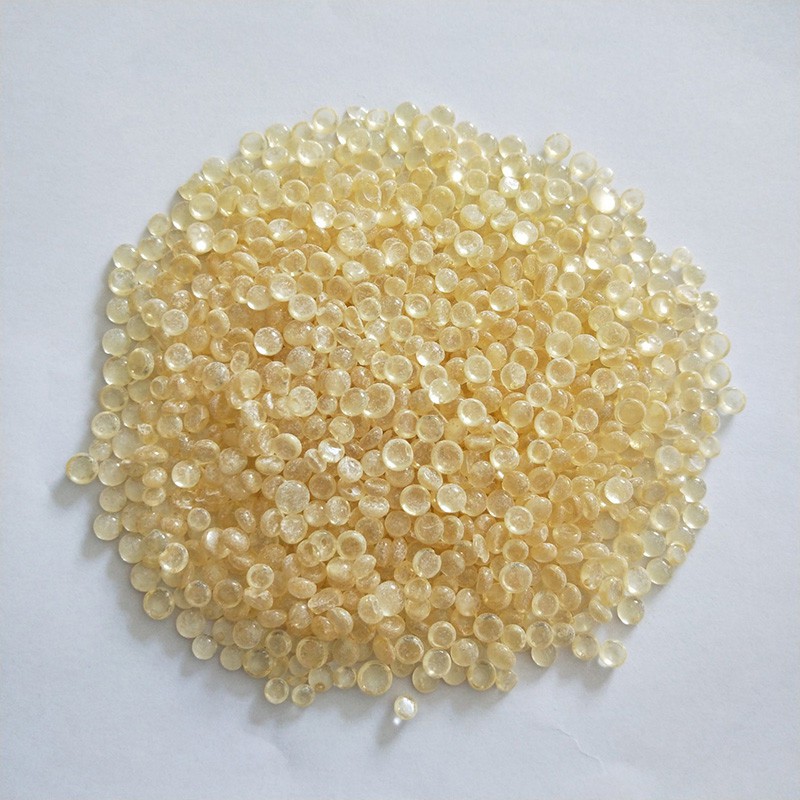 Find the product you have in mind
Find the product you have in mind




Phenolic resin, also known as Bakelite, is originally a colorless or yellow-brown transparent substance. It is often sold in the market with colorants added to make it appear in red, yellow, black, green, brown, blue and other colors, in the form of granules or powder.Resistant to weak acids and weak alkali, will decompose when exposed to strong acid and corrode when exposed to strong alkali.Insoluble in water, soluble in acetone, alcohol and other organic solvents. It is obtained by the condensation polymerization of phenol formaldehyde or its derivatives.
Solid phenolic resin is a yellow, transparent, amorphous lumpy substance, which is reddish due to the presence of free phenol. The specific gravity of the solid is about 1.7 on average. It is easily soluble in alcohol, insoluble in water, and is stable to water, weak acid, and weak alkali solutions.Resin made from the polycondensation of phenol and formaldehyde under catalyst conditions, neutralization and water washing. Depending on the choice of catalyst, it can be divided into two categories: thermosetting and thermoplastic.Phenolic resin has good acid resistance, mechanical properties, and heat resistance, and is widely used in anti-corrosion engineering, adhesives, flame retardant materials, grinding wheel manufacturing and other industries.
